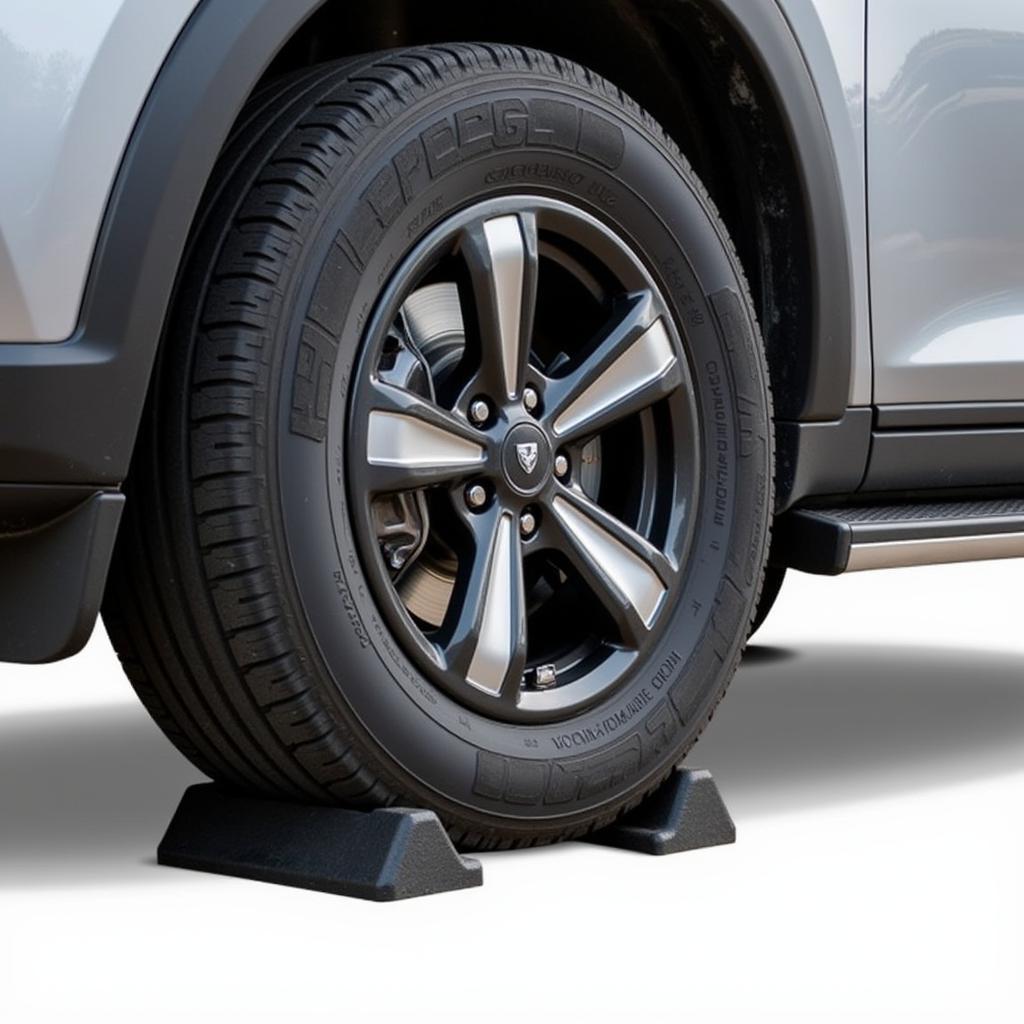Automatic cars offer convenience and ease of driving, but they can also present unique challenges when problems arise. Understanding these “Problems With Automatic Cars” can save you time, money, and frustration. This guide aims to empower car owners, mechanics, and technicians with the knowledge to diagnose and address common issues.
If you’re experiencing automatic transmission issues, check out this helpful resource on common problems with automatic cars.
Common Automatic Car Problems: Symptoms and Solutions
Several tell-tale signs indicate potential problems with your automatic transmission. Recognizing these symptoms early is crucial for preventing further damage and costly repairs. These can range from subtle changes in driving performance to more obvious malfunctions.
Slipping Gears
A slipping transmission feels like the engine is revving up without a corresponding increase in speed. This can be caused by low transmission fluid, worn clutches, or a faulty valve body. Regular fluid checks and changes are essential preventative measures.
Rough Shifting
Jerky or harsh gear changes, often accompanied by a clunking sound, can indicate a problem with the transmission’s internal components, such as solenoids, sensors, or the torque converter. Don’t hesitate to consult a qualified mechanic if you experience rough shifting.
 Automatic Transmission Slipping Gears
Automatic Transmission Slipping Gears
Delayed Engagement
If your car hesitates before moving after shifting into drive or reverse, it could be due to low transmission fluid, a failing pump, or a problem with the shift linkage. Promptly addressing this issue can prevent more serious transmission damage.
Fluid Leaks
Check regularly for leaks under your car. Red or brown fluid indicates a transmission fluid leak, which can lead to serious transmission damage if not addressed. Leaks can originate from the pan gasket, seals, or cooler lines.
For specific issues related to automatic transmission cars in India, you might find this article helpful: problems with automatic transmission cars in india.
Overheating
An overheating transmission can be caused by low fluid levels, a clogged cooler, or excessive towing. Ignoring an overheating transmission can lead to catastrophic failure. Ensure proper cooling system maintenance and avoid overloading your vehicle.
Check Engine Light
While not always directly related to the transmission, the check engine light can illuminate due to transmission-related issues. Using an OBD2 scanner, as explained in how to diagnose car problems with obd2, can help pinpoint the specific problem code.
 Car Overheating Transmission
Car Overheating Transmission
Unusual Noises
Whining, grinding, or humming noises coming from the transmission can indicate worn gears, bearings, or other internal components. These noises should be investigated immediately to avoid further damage.
Expert Insights
“Regular maintenance is key to preventing most automatic transmission problems. This includes checking the fluid level and condition, as well as adhering to the manufacturer’s recommended service intervals.” – John Smith, Automotive Engineer
“Ignoring early warning signs of transmission problems can lead to costly repairs or even complete transmission failure. Addressing issues promptly is crucial for maintaining the longevity of your automatic transmission.” – Jane Doe, Certified Transmission Specialist
For more specific symptoms, refer to this guide on symptoms of car automatic transmission problems.
Conclusion
Understanding common “problems with automatic cars” can help you identify and address issues early, preventing costly repairs and ensuring a smooth driving experience. Regular maintenance, prompt attention to warning signs, and consulting with a qualified mechanic are essential for maintaining the health of your automatic transmission. If you are experiencing problems with your automatic car, don’t hesitate to connect with us at AutoTipPro for assistance. You can reach us at +1 (641) 206-8880 or visit our office at 500 N St Mary’s St, San Antonio, TX 78205, United States.
If you own a specific car model, like a 1993 Lincoln Town Car, you may find resources focusing on specific problems with a 1993 lincoln town car useful.
FAQ
- How often should I change my automatic transmission fluid? Consult your owner’s manual for the recommended interval, typically between 30,000 and 60,000 miles.
- What is the cost of automatic transmission repair? The cost varies depending on the severity of the problem, ranging from a few hundred dollars for minor repairs to several thousand for a complete rebuild or replacement.
- Can I drive my car with a slipping transmission? It’s not recommended, as continued driving can worsen the damage and lead to more expensive repairs.
- How can I prevent automatic transmission problems? Regular maintenance, including fluid changes and inspections, is the best preventative measure.
- What is a torque converter? It’s a crucial component of an automatic transmission that connects the engine to the transmission, allowing for smooth gear changes.
- What is a solenoid? Solenoids are electronically controlled valves that regulate fluid flow within the transmission, controlling gear shifts.
- What does the check engine light mean for my automatic transmission? It can indicate various issues, from sensor problems to more serious internal malfunctions. Use an OBD2 scanner to retrieve the specific code.






Leave a Reply